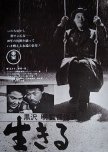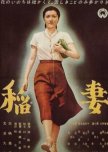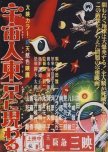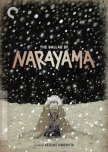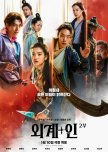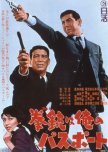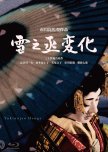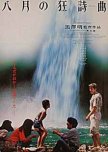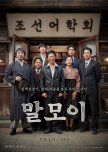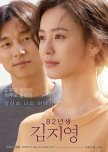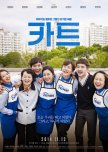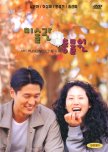Fumiko, mother of two children and wife of an unfaithful man who shows a low self esteem, shares her family life with her asleep vocation as a poetess. The beginning of her successful literary career coincides with her divorce and the development of a serious illness: a breast cancer, which leads her to lose her breasts. In the last stage of her life she meets a young journalist arrived from Tokyo, an admirer of her work, who want to write a story on her life. Both live a secret love history. (Source: IMDb) Edit Translation
- English
- magyar / magyar nyelv
- dansk
- Norsk
- Native Title: 乳房よ永遠なれ
- Also Known As: Chibusa yo eien nare , Forever a Woman , Forever In Love
- Director: Tanaka Kinuyo
- Screenwriter: Tanaka Sumie
- Genres: Romance, Drama
Cast & Credits
- Tsukioka YumejiShimojo FumikoMain Role
- Hayama RyojiOtsuki AkiraMain Role
- Orimoto JunkichiAnzai ShigeruSupport Role
- Kawasaki HirokoTatsukoSupport Role
- Mori MasayukiHoriSupport Role
- Sugi YokoKinuko [Hori's wife]Support Role
Reviews

"I've lost my breasts. What can I write about?"
Tanaka Kinuyo tackled three sensitive topics for 1955 in The Eternal Breasts aka Forever a Woman—divorce, breast cancer, and a woman’s sexuality. I'd watched the other four films she directed but saved this fifth one for last as I knew it would be the most devastating for me. Having lost the two most important women in my life to it, I take this disease personally.Fumiko and her two small children, Noboru and Aiko, make the most of their days. Her mother helps the family out when she can as Fumiko’s husband has given up on finding a job, is for all practical purposes a drug addict, and an unapologetic adulterer. After having enough, Fumiko files for divorce. Her only solace through her marriage and divorce was the poetry club she belonged to. Because of the depressing nature of her marriage her poems were described as “overblown.” An old friend sends her poems to a Tokyo newspaper looking for new talent and she is “discovered.” Unfortunately, Fumiko also discovers she has late-stage breast cancer. A young reporter enters her life, more concerned for her health than the story.
Discovering you had late-stage breast cancer that had metastasized to the lungs was a deadly diagnosis in 1955. In truth, if it was already in her lungs, it would have been in her brain and limbs as well. Mastectomies were the primary treatment. Chemotherapy was in its infancy and not trusted. Radiation and some hormone therapies were about the extent of possible medical regimens. Fumiko was confined to the hospital that had bars on the windows and doors, functioning effectively as a cage. Her children were not allowed to visit, which for a mother would be barbaric. Her roommates were transferred to a different room as they neared the end of their life and then the long dark hallway to the morgue. It seemed like a lonely way to spend one’s final days.
Despite being relegated to a room waiting to die, Fumiko began to work through her feelings and thoughts. At first, she felt less like a woman without her breasts. As time went on, she came to realize she still had longings and desires. Her poetry reflected her fight with cancer and death, and what it meant to be a woman. Could she still be a woman without her breasts? She began to speak her truth and her mind more openly. At this point what did she have to lose? The same society that kept her from attending her brother’s wedding and caused her to marry a man she didn’t care about could no longer censor her thoughts or actions. She was dying, what else could they do to her?
The women around her stayed by her side and cared for her and her children. Her brother won the good brother award as he, too, didn’t shy away from her as some men are wont to do. The young reporter, Otsuki, gave her the joyous gift she had longed for. While the mystery after death must be walked alone, Fumiko was fortunate to have loved ones who cared for her.
Tanaka Kinuyo created a strong film about an imperfect woman who loved her children and family, loved poetry, loved men, and in the end was able to love her “sinful” self, unconcerned about any “unreliable gods” out there. Nakajo Fumiko, the tanka poet this film was based on, died at the age of 31, leaving behind four children and her poetry. Your Auntie Butterfly implores you to begin doing breast exams in your 20s, talk with your doctor about your risk factors, and when the time comes, march right in and get squished. The treatments now are much more sophisticated and successful, especially if they catch it early.
"Death shall lighten
and free me
to even ride
on your shoulder"
2 September 2025
Triggers: F*cking cancer
Was this review helpful to you?

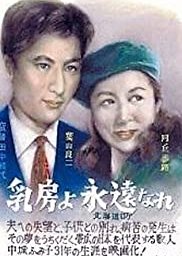
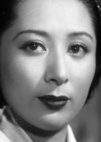
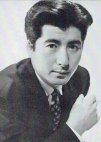
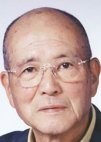
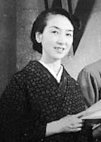
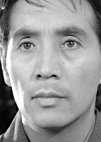
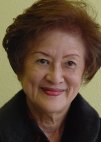
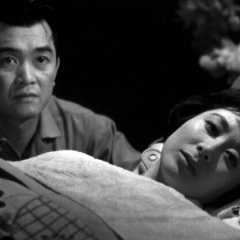
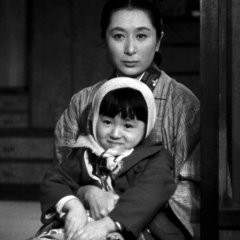
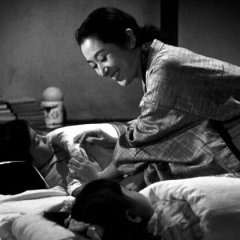
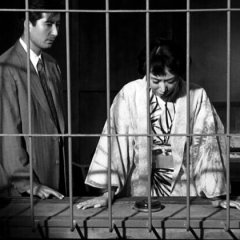
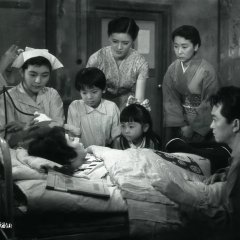
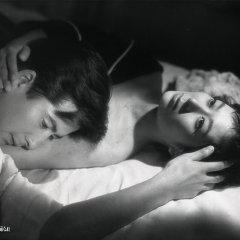
 1
1


